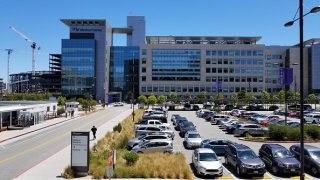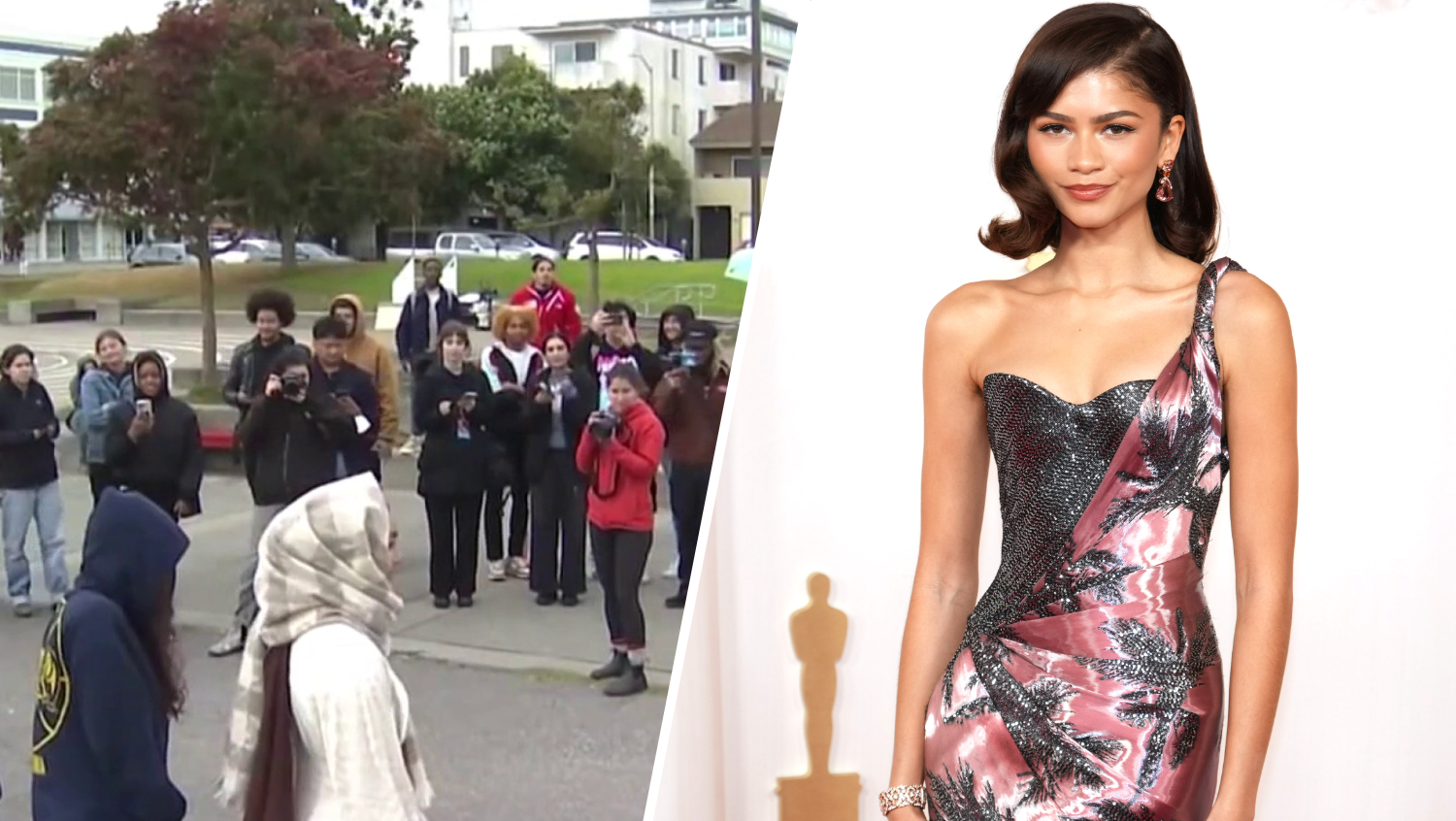
University of California at San Francisco will partner with UCLA and the California Department of Public Health to train thousands of residents across the state in public health techniques like contact tracing and case investigation to slow the spread of the COVID-19 coronavirus.
The two universities will work with local health departments across the state's 58 counties to run a 20-hour virtual and in-person academy to develop an army of coronavirus contact tracers who will have the skills to trace the local spread of coronavirus cases.
Gov. Gavin Newsom announced the partnership Monday, saying that the effort is an extension of longstanding tracing efforts for other ailments like sexually transmitted diseases, tuberculosis and HIV and AIDS.
The state's 58 counties and three cities with their own health departments have roughly 3,000 contact tracers already in the field, according to Newsom. The goal of the partnership is to prepare some 20,000 new tracers across the state, including about 3,000 per week by the first week of July.
"Testing is the backbone," Newsom said of the state's coronavirus response, "but the tracing component requires a workforce, requires an element of coordination and collaboration. Building on the existing county supports and building capacity through this virtual academy will, I think, substantially help aid our efforts."
UCSF and UCLA are launching the program with an $8.7 million state contract and will base the academy on UCSF's workforce training program that the university developed with the San Francisco Department of Public Health.
Local
That program involved UCSF training city librarians, assessors, attorneys, retired public health professionals and UCSF medical students to be "disease detectives," as Newsom called them.
Since that localized program began three weeks ago, UCSF has already trained 240 tracers and 110 are already working in the field.
"Rapid and efficient contact tracing, along with sophisticated epidemic surveillance and widespread testing, are key parts of the public health strategy we must have in place before we can safely allow more businesses to reopen," said UCSF epidemiology professor and the partnership's chief investigator Dr. George Rutherford.
Trainees in the academy, who state officials have already identified, will complete videos and tests in addition to live sessions with trainers. The trainees will also have the opportunity to listen to an expert calling a contact in real time before making tracing calls themselves.



